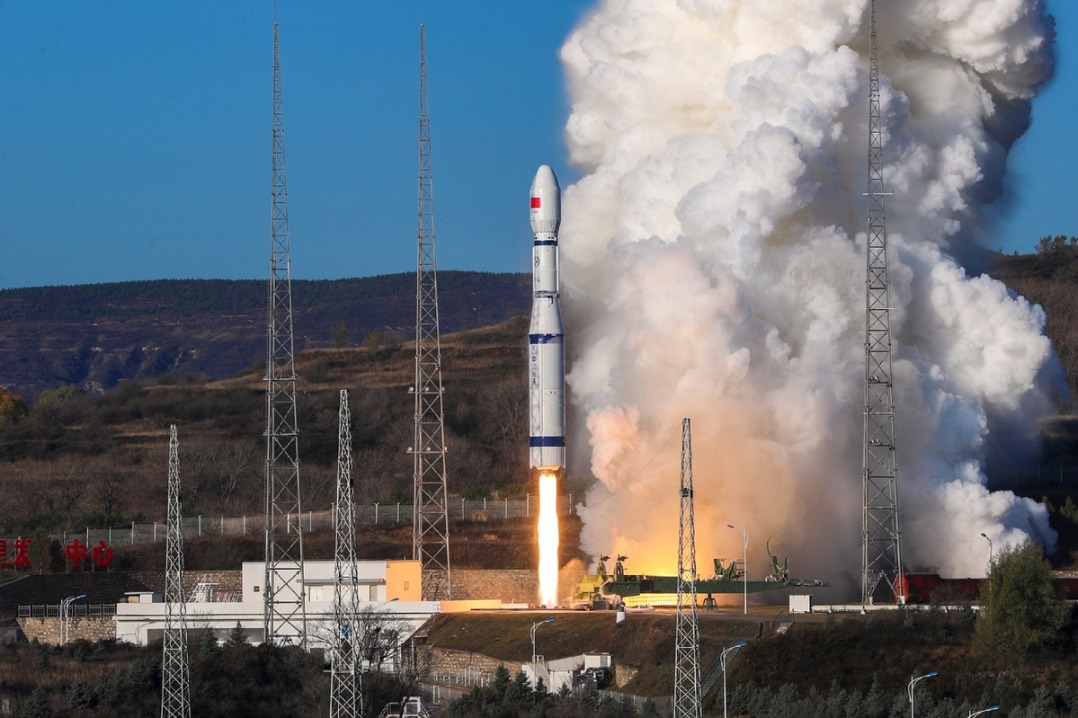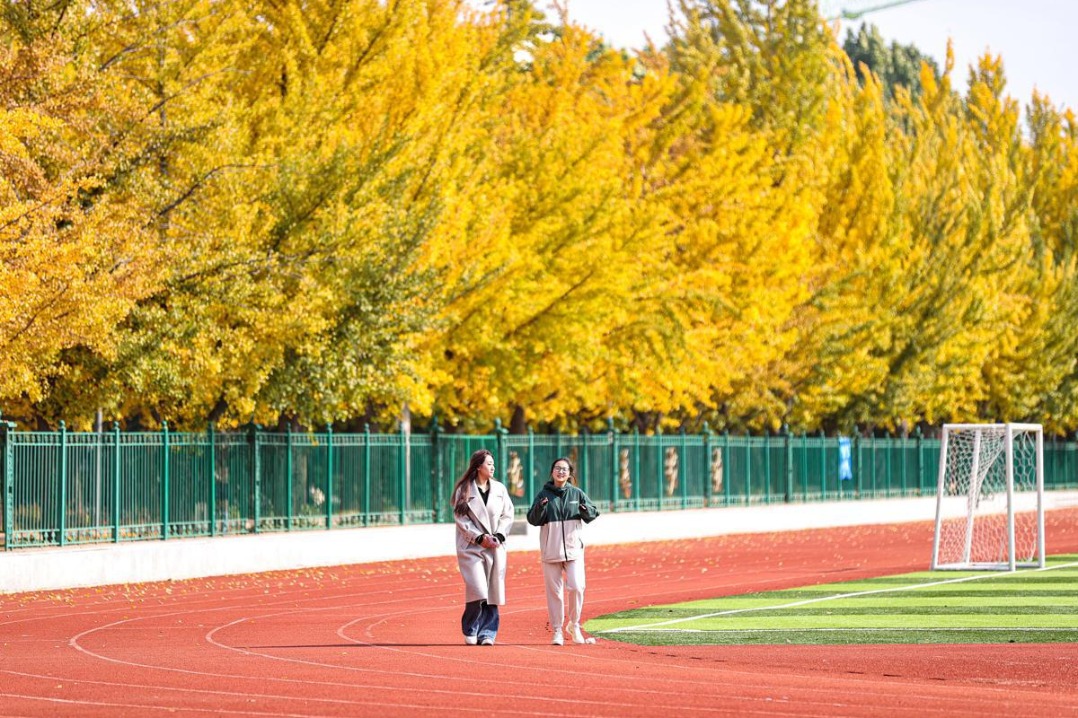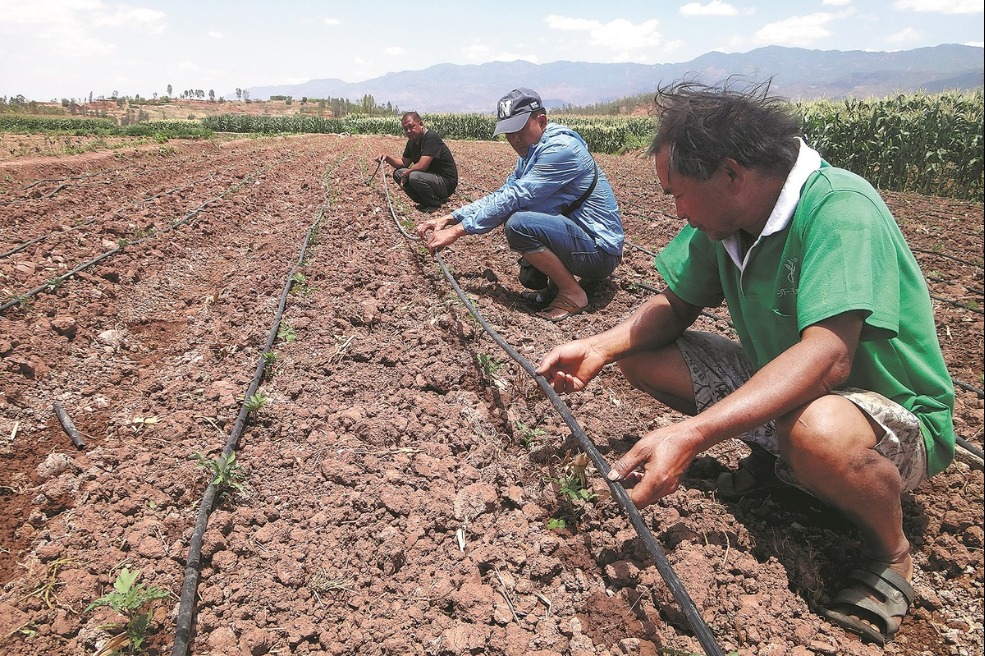China steps up efforts for sustainable development at climate week

China's commitment to environmental protection took center stage this week at a climate event organized by SEE Conservation, a prominent Chinese environmental NGO. The event, titled "Climate Week," aims to foster public dialogue and collaboration among citizens, scholars, and businesses around achieving a greener, more sustainable future.
Zhu Chunquan, head of China Nature Initiatives at the World Economic Forum, delivered a keynote address highlighting China's role in global ecological conservation efforts. He pointed to the recent import of "zero-deforestation" soybeans from Brazil as a concrete example of China's dedication to reducing its environmental footprint. This move aligns with similar regulations recently enacted by the European Union.
Zhu emphasized the importance of integrated land-use management strategies. He stressed the need to balance ecological restoration, climate goals, and economic prosperity. He cautioned against practices like large-scale rainforest conversion in Brazil, which while stimulating economic growth, can lead to significant environmental consequences.
He presented the photovoltaic industry park in Qinghai province as a successful example of achieving ecological and economic benefits simultaneously. Solar panel installation in this previously desertified region has not only curbed wind erosion but also fostered vegetation growth, boosting local livestock populations.
"Most countries, including China, are now embracing production methods that prioritize environmental well-being," Zhu noted. He highlighted the potential of "nature-based solutions" to contribute significantly to carbon emission reduction targets.
Zhang Linxiu, director of the UNEP-IEMP, echoed Zhu's call for a sustainable development approach. Zhang stressed the need to move beyond trade-offs and integrate environmental protection into development strategies. She identified climate change, extreme weather events, and biodiversity loss as three major interconnected environmental challenges that require immediate attention.
She advocated for a two-pronged approach: addressing unsustainable practices like overexploitation and invasive species, while also allowing nature room for self-healing and regeneration. Zhang cited a successful project in Yunnan province where experts helped a remote village capitalize on its rich biodiversity, fostering economic development while safeguarding ecological diversity.
Both Zhu and Zhang emphasized the critical role of a healthy and biodiverse environment in ensuring societal and economic resilience.
"While all humans and other living creatures on Earth are equal, humans have become separated from nature in the pursuit of economic development," said Zhu from the World Economic Forum. "We should reconnect human, economy and society with nature."
- Residents evacuated amid Liaoning floods
- Fujian-Taiwan travels exceed 1m this year
- Xizang leads the way in clean energy
- Shanghai leads revitalization along Yangtze River Delta region
- China's air and water surface quality significantly improves, indicators reveal
- State Council appoints, removes officials





































